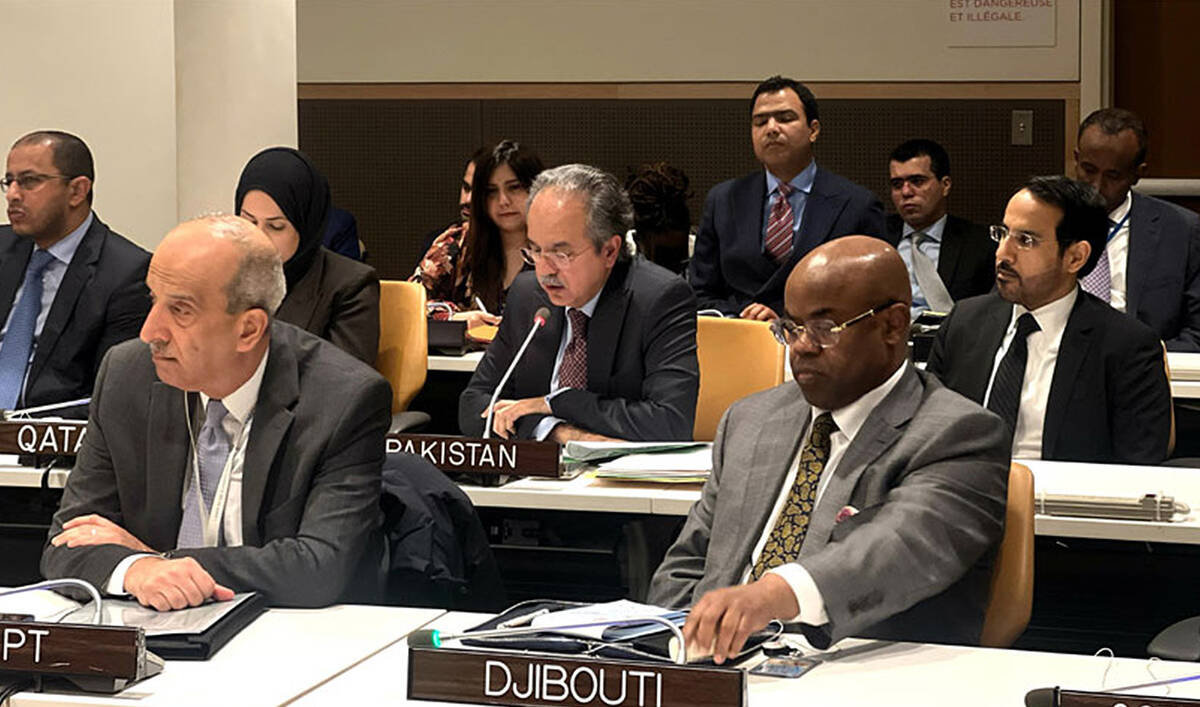ISLAMABAD: Prime Minister Imran Khan inaugurated Pakistan's first facility to produce ventilators in Haripur district, Khyber Pakhtunkhwa on Monday.
The ventilators — SafeVent SP 100 — will be produced at the National Radio and Telecommunication Corporation (NRTC), which according to a statement by the prime minister's office has a production capacity to manufacture between 250 and 300 units per month.
Calling it "a landmark achievement for Pakistan," the premier congratulated the entire team.
He said that amid the ongoing coronavirus outbreak, the government is now focused on reforming the health sector.
"Our approach in response to the pandemic and adopting smart lockdowns while keeping the economy afloat has been widely acknowledged. Our focus will now remain on comprehensive health reforms," he added.
NRTC has already produced 15 units of SafeVent SP 100.
The company is specialized in producing communications and electro-medical equipment.
The initiative to locally produce ventilators was supported by the Ministry of Science and Technology.
Science Minister Fawad Chaudhry confirmed in a Twitter post that the first batch of domestically produced ventilators has been handed over to the National Disaster Management Authority (NDMA).
Ventilators can be lifesaving for critically ill COVID-19 patients who require artificial respiration.























